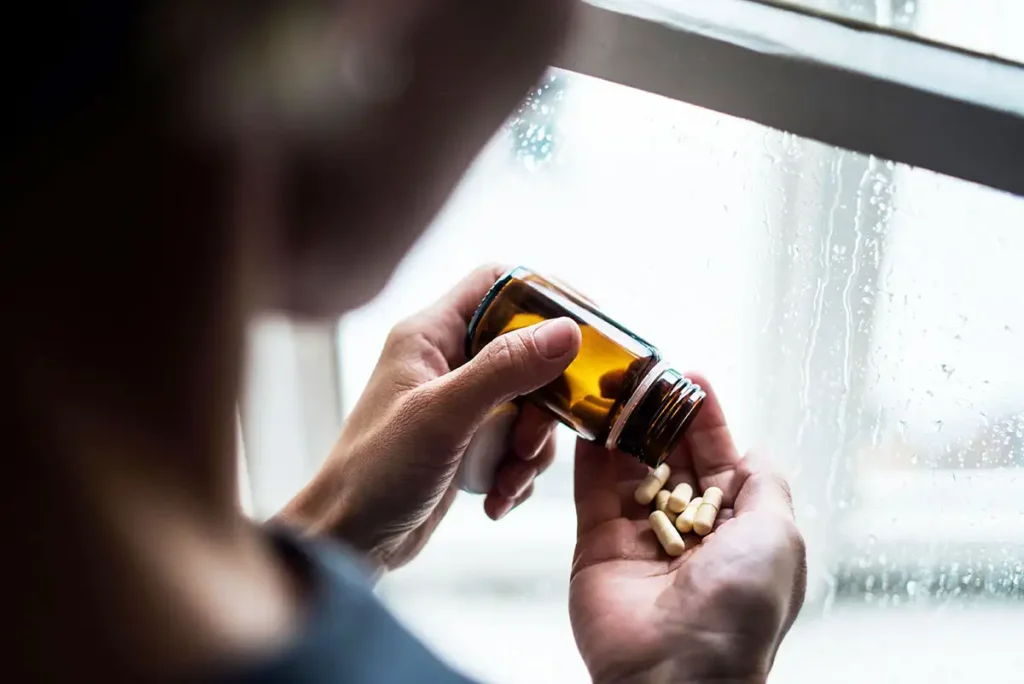
Overdose awareness is a crucial part of preventing fatal and non-fatal drug-related incidents. As substance abuse rates continue to rise, understanding the warning signs and knowing how to respond can save lives. At West Coast Detox, we are committed to providing education, support, and effective treatment for individuals struggling with addiction. This article will help you recognize the symptoms of overdose, understand the risks, and learn how to seek help for yourself or a loved one.
What Is an Overdose?
An overdose occurs when a person consumes a toxic amount of a substance, overwhelming their body’s ability to function properly. Overdoses can be intentional or accidental and may result from using illicit drugs, prescription medications, or alcohol. Without immediate medical intervention, overdoses can lead to severe health complications or even death.
Common Causes of Overdose
Several factors can contribute to an overdose, including:
- Polydrug Use: Mixing substances, such as opioids and alcohol, significantly increases the risk of overdose.
- Tolerance Changes: If a person stops using a substance for a period and then resumes, their tolerance level may have decreased, making previous doses dangerous.
- Unknown Potency: Street drugs are often mixed with dangerous additives like fentanyl, which can be deadly in small amounts.
- Mental Health Disorders: Co-occurring mental health issues, such as depression or anxiety, can lead to substance misuse and unintentional overdoses.
- Lack of Awareness: Many individuals are unaware of the lethal doses of certain drugs, leading to accidental overdoses.
Recognizing the Signs of an Overdose
Recognizing overdose symptoms is vital for timely intervention. The signs vary depending on the substance involved but may include:
Opioid Overdose Symptoms:
- Slow, irregular, or stopped breathing
- Pinpoint pupils
- Unresponsiveness or unconsciousness
- Pale or blue-tinged skin, lips, or nails
- Gurgling or choking sounds
Get Your Questions Answered
Reach out today to get the answers you need about drug and alcohol detox. Our compassionate team is here to guide you through every step of the process and help you take the first step toward recovery.
Stimulant Overdose Symptoms (e.g., cocaine, methamphetamine):
- Chest pain or difficulty breathing
- Rapid heartbeat or irregular pulse
- Seizures
- High body temperature (hyperthermia)
- Extreme agitation or paranoia
Alcohol Overdose (Alcohol Poisoning) Symptoms:
- Vomiting
- Slow or irregular breathing
- Hypothermia (low body temperature)
- Confusion or unconsciousness
- Seizures

If you suspect someone is experiencing an overdose, seek immediate medical attention by calling 911. The sooner medical professionals intervene, the better the chance of survival and recovery.
What to Do in Case of an Overdose
Acting quickly during an overdose can save a life. Follow these steps:
- Call 911 Immediately: Provide clear details about the situation, including the suspected substance involved.
- Administer Naloxone (if available): Naloxone (Narcan) is a life-saving medication that can reverse opioid overdoses.
- Keep the Person Awake: Try to keep them conscious and responsive.
- Place Them in the Recovery Position: If unconscious, turn them on their side to prevent choking.
- Perform CPR (if needed): If the person stops breathing, administer rescue breaths or CPR as directed by emergency responders.
How to Prevent Overdose
While overdoses can be fatal, they are also preventable. Some key strategies for reducing overdose risks include:
- Education and Awareness: Learn about the dangers of substance misuse and overdose risks.
- Proper Medication Use: Follow prescriptions carefully and avoid mixing medications with alcohol or other drugs.
- Harm Reduction Strategies: Carry naloxone and ensure friends and family know how to use it.
- Seeking Treatment: Addressing substance use disorders through professional detox and rehabilitation programs can help prevent future overdoses.
Seeking Help for Substance Abuse
If you or a loved one struggles with substance abuse, professional help is available. Detox and rehabilitation programs provide the necessary support for overcoming addiction. At West Coast Detox, we offer a comprehensive approach to treatment, including:
- Medical Detox: A safe, supervised withdrawal process to manage symptoms and cravings.
- Residential Treatment: Structured care in a supportive environment.
- Therapy and Counseling: Individual and group therapy sessions to address underlying causes of addiction.
- Aftercare and Support Groups: Long-term support to maintain sobriety and prevent relapse.
Conclusion
Overdose awareness is critical in the fight against substance-related fatalities. By understanding the signs and symptoms of overdose and knowing how to respond, you can help save lives. If you or a loved one is struggling with substance abuse, reach out to West Coast Detox today. Recovery is possible, and help is available. Don’t wait—take the first step towards a healthier, sober life.























